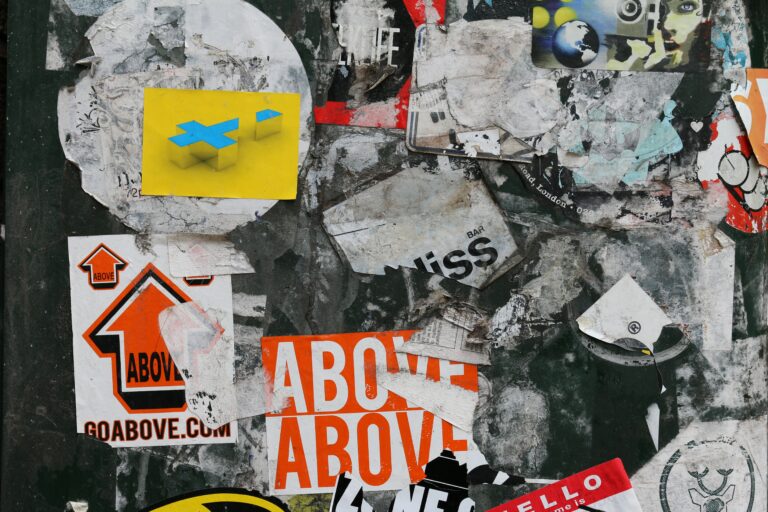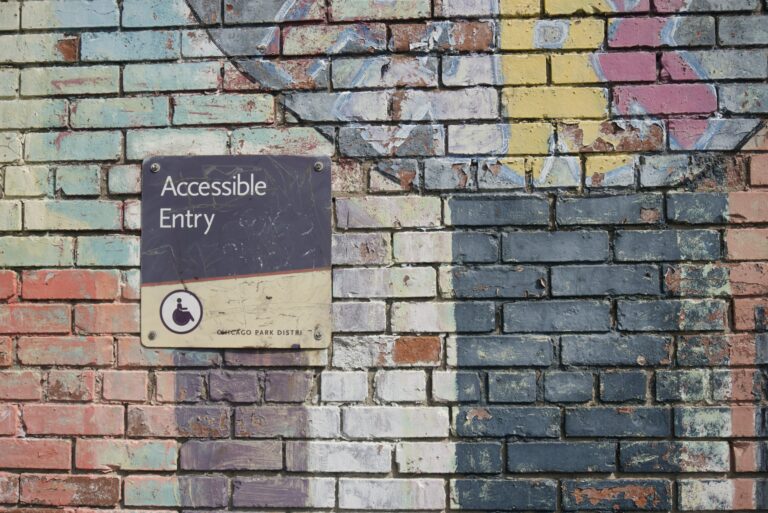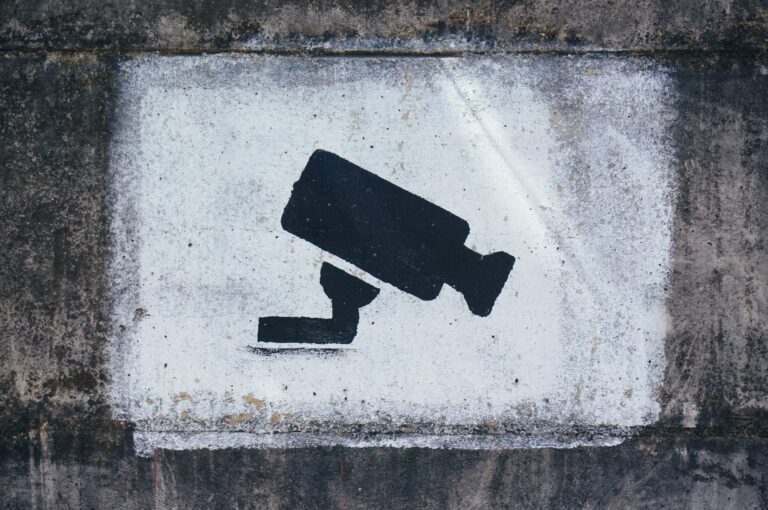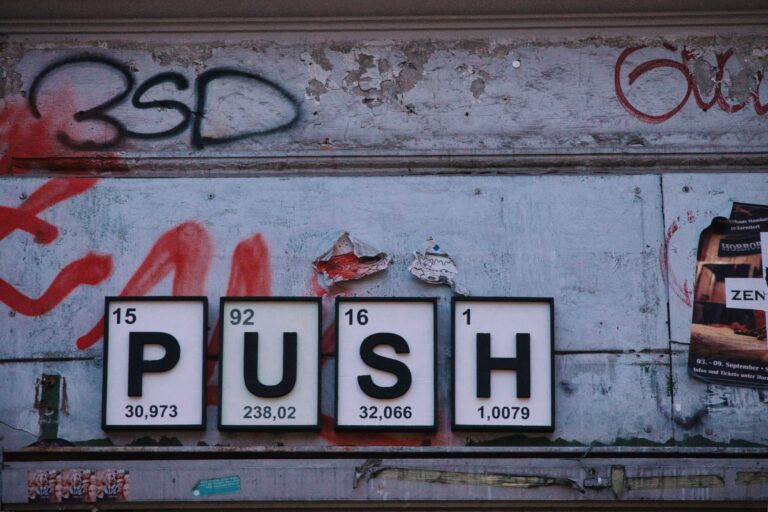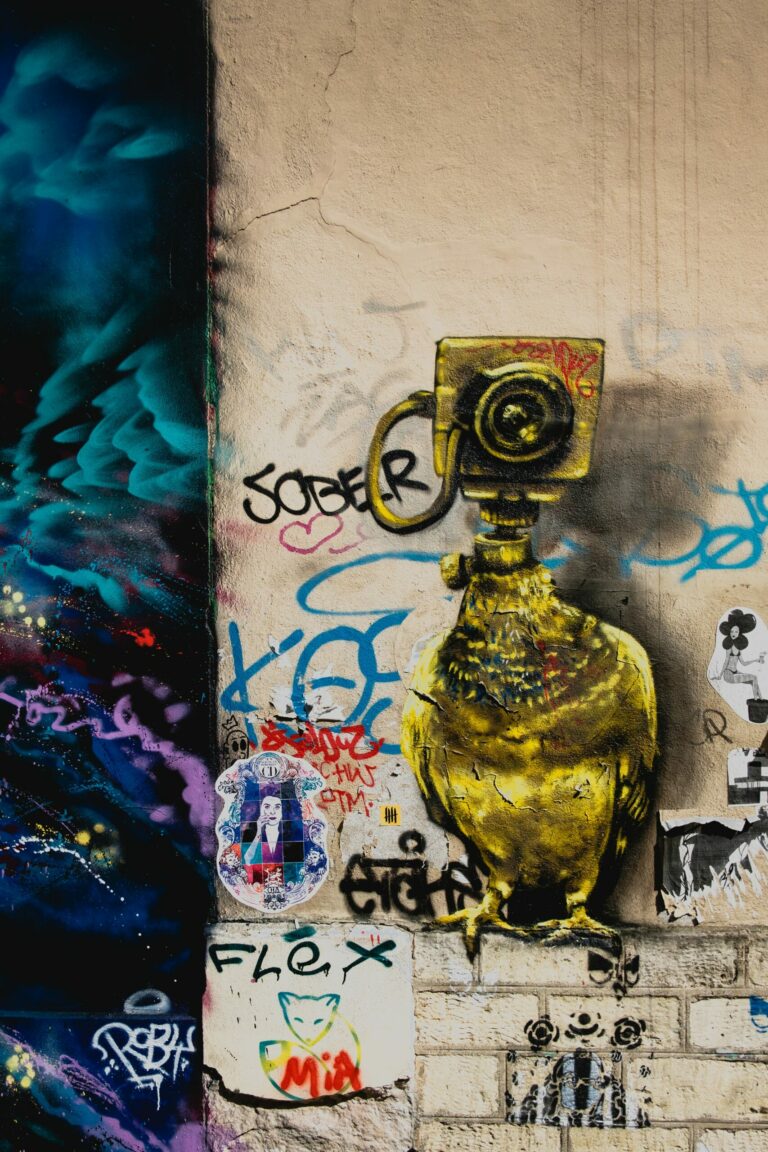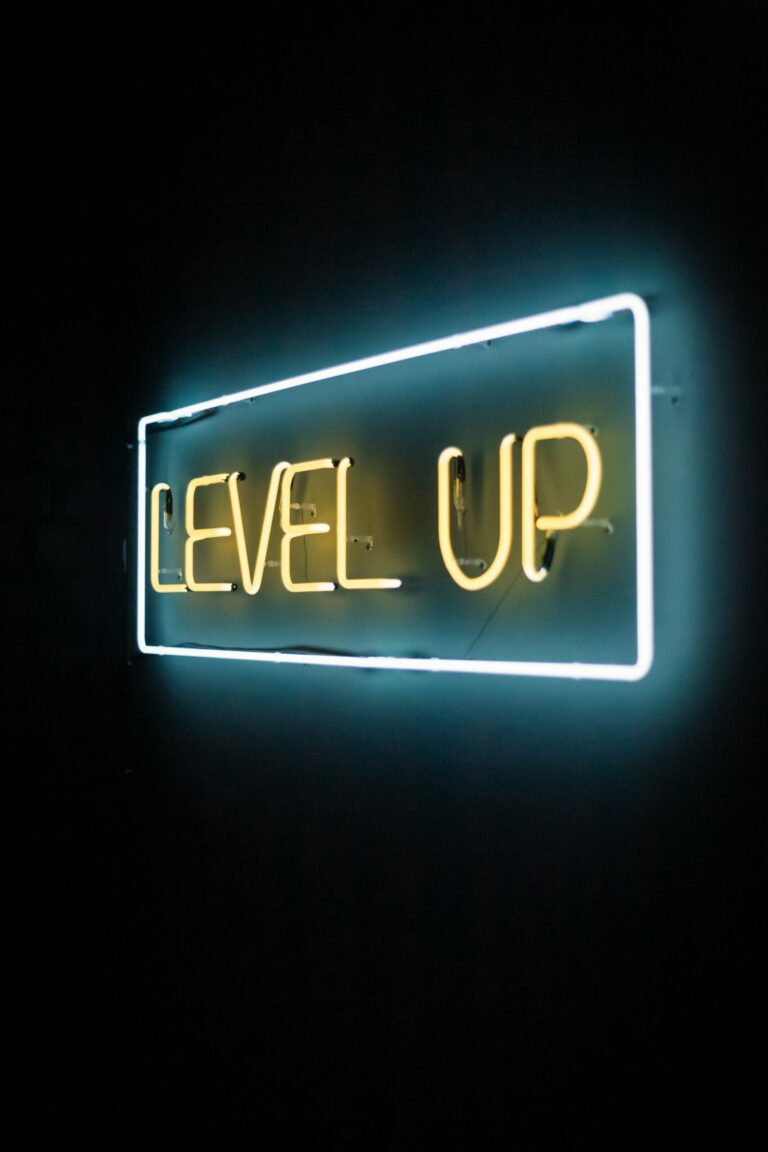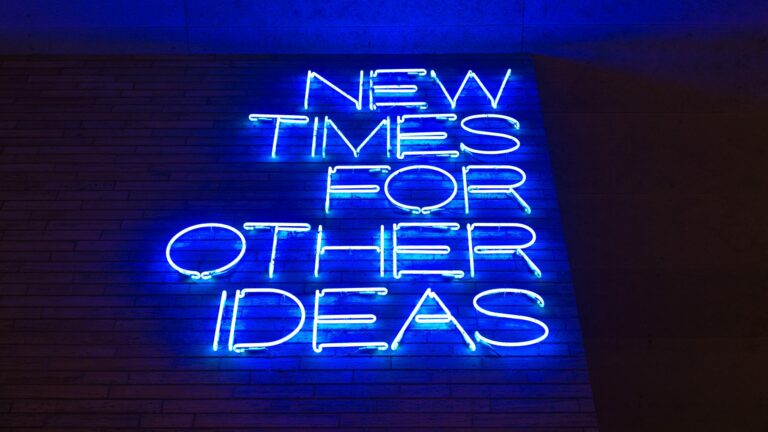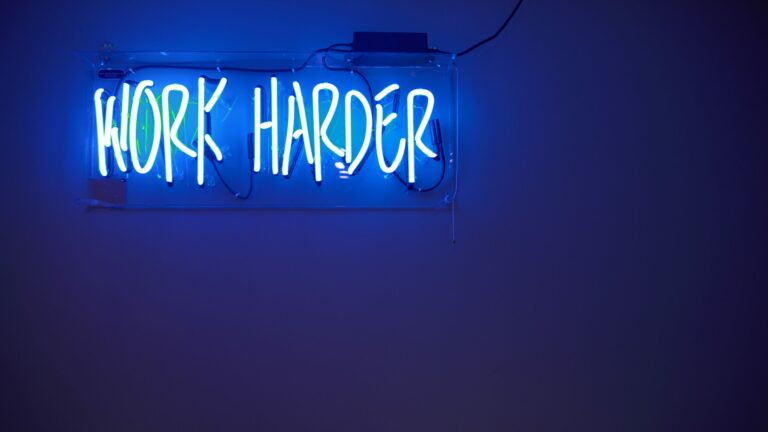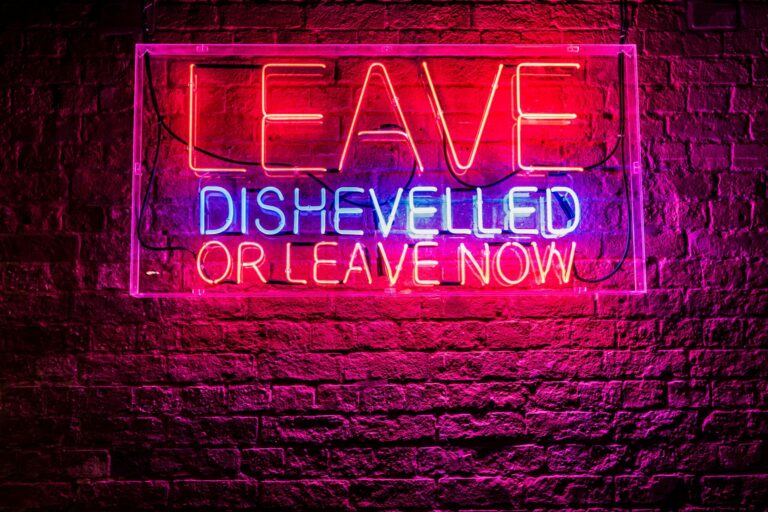The People Have the Power to Redeem the Work of Fools: A Toolkit for Resistance
I promised a toolkit in this final post, and a sense of what resistance can look like. Sometimes I think the most helpful way to think about this work is to recognize that every choice we make every day is part of the larger constellation of resistance, which I get sort of sounds exhausting. I promise, I get that. And I don’t think we can possibly fight every fight or be ready for a fight every second of the day. But taking the “every day, every choice” approach also means that every day has myriad opportunities to challenge the status quo, to start a difficult conversation, to ask a question no one else is asking. I find that hopeful, because it means that when you do step back, or opt out, or take time to breathe, the next opportunity to make the small connection that sparks the change is just around the corner.
Here are the moves that I think should be in every post-secondary reformer’s toolkit.
